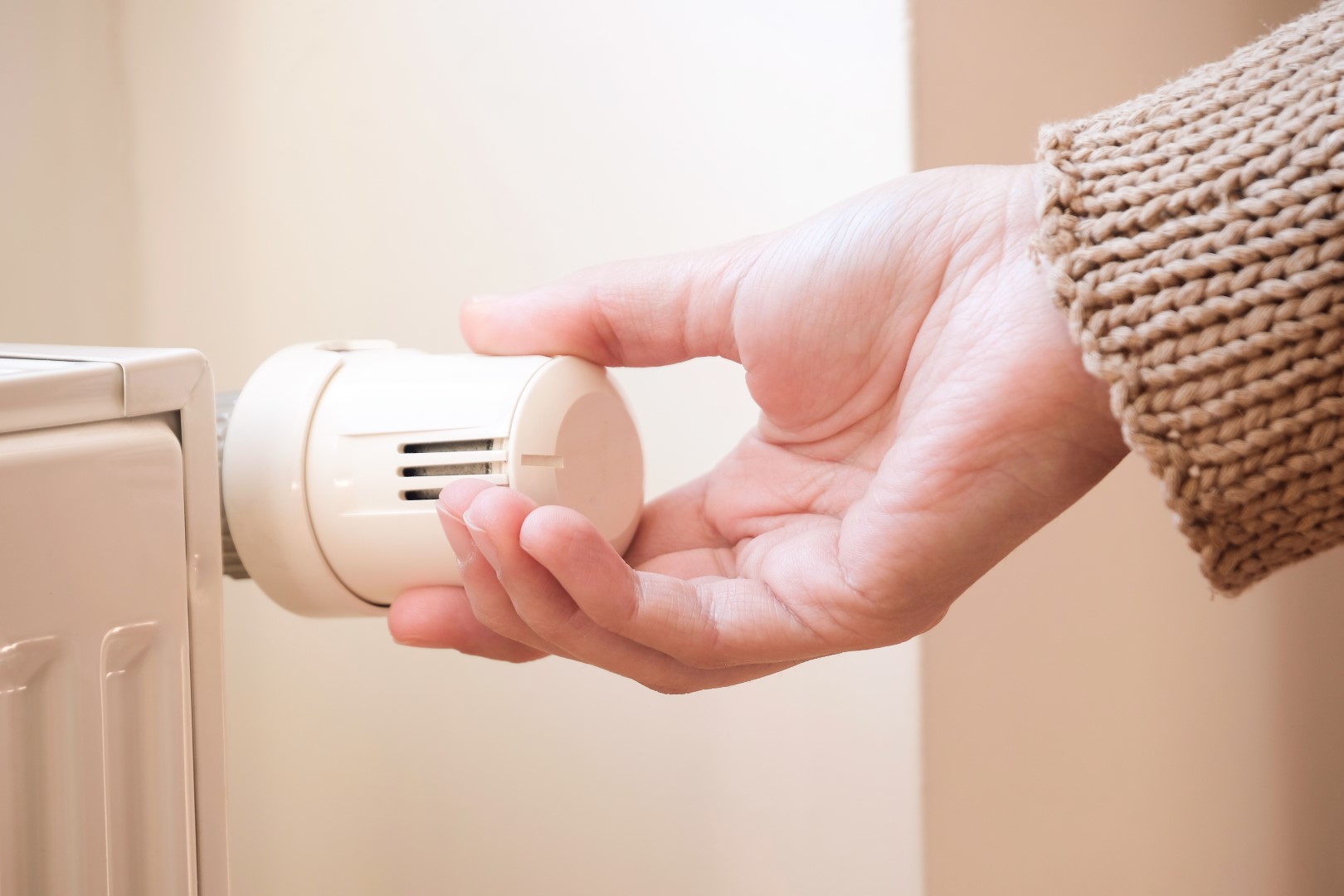5 Essential Steps to Get Your Home Winter-Ready – HomeService.Insure
Winter can be tough on homes. Cold snaps, heavy rain, and icy conditions all put pressure on roofs, pipes, and heating systems. Preparing early not only helps you avoid expensive repairs but can also save money on energy bills.
Here are five practical ways to protect your property this winter.
- Check your roof before the storms hit
Even a single loose tile can let water in during heavy rain or when snow melts. Flat roofs can also blister, crack, or lose their protective surface over time.
What to do:
- Arrange a professional roof inspection before winter sets in
- Ask for an independent warranty on any repair work
- Don’t delay — many insurers won’t cover storm damage if your roof was already in poor condition
- Keep gutters and downpipes clear
Blocked gutters are one of the most common causes of leaks and damp during winter. Leaves, moss, and debris can quickly clog up the system, forcing water into walls, fascia boards, and brickwork.
What to do:
- Clear gutters at least twice: once after autumn leaves fall, and again mid-winter
- Check ground-level drains and gullies regularly
- Hire a professional for high or awkward guttering — it’s safer and more thorough
- Remove outdoor trip hazards
Slippery decking, uneven paving, or loose slabs can become dangerous when hidden under frost, snow, or wet leaves.
What to do:
- Walk around your garden, driveway, and paths to spot risks
- Fix loose paving stones and treat decking with non-slip coating
- Keep outdoor spaces clear of leaves and debris to reduce slipping hazards
- Service your heating system early
Boilers that have been idle all summer can struggle once the cold sets in. Small faults can quickly turn into breakdowns when the heating is switched on full-time.
What to do:
- Book your annual boiler service in early autumn
- Make sure it’s carried out by a Gas Safe registered engineer
- Fix any issues before the weather turns severe
- Insulate exposed water pipes
Frozen pipes can burst and cause major flooding. Insulation is one of the cheapest and most effective ways to prevent it.
What to do:
- Check pipes in unheated areas like lofts, garages, and outdoor walls
- Add insulation sleeves or lagging to vulnerable pipework
- Don’t forget your hot water tank — make sure both the tank and pipes are insulated properly
- If unsure, ask a qualified plumber for advice
Winter-proofing with HomeService.Insure
A little preparation now can prevent major headaches later. At HomeService.Insure, we help homeowners stay protected with cover and support for heating, plumbing, and emergencies.
With quick access to trusted engineers and clear, reliable protection, you can enjoy the colder months knowing your home is ready for whatever winter throws at it.
HomeService.Insure Safety Disclaimer
At HomeService.Insure, we encourage safe and sensible DIY, but your safety always comes first.
- Only attempt basic checks and fixes if you feel confident.
- Stop immediately if you notice burning smells, scorch marks, leaks, or anything that looks unsafe.
- Never attempt electrical or gas repairs beyond simple resets or checks.
- For complex, repeated, or potentially dangerous problems, always call a qualified Gas Safe engineer (for heating) or a certified electrician (for electrics).
By following this guidance, you reduce risks — but professional help should always be your first choice if there’s any doubt.

